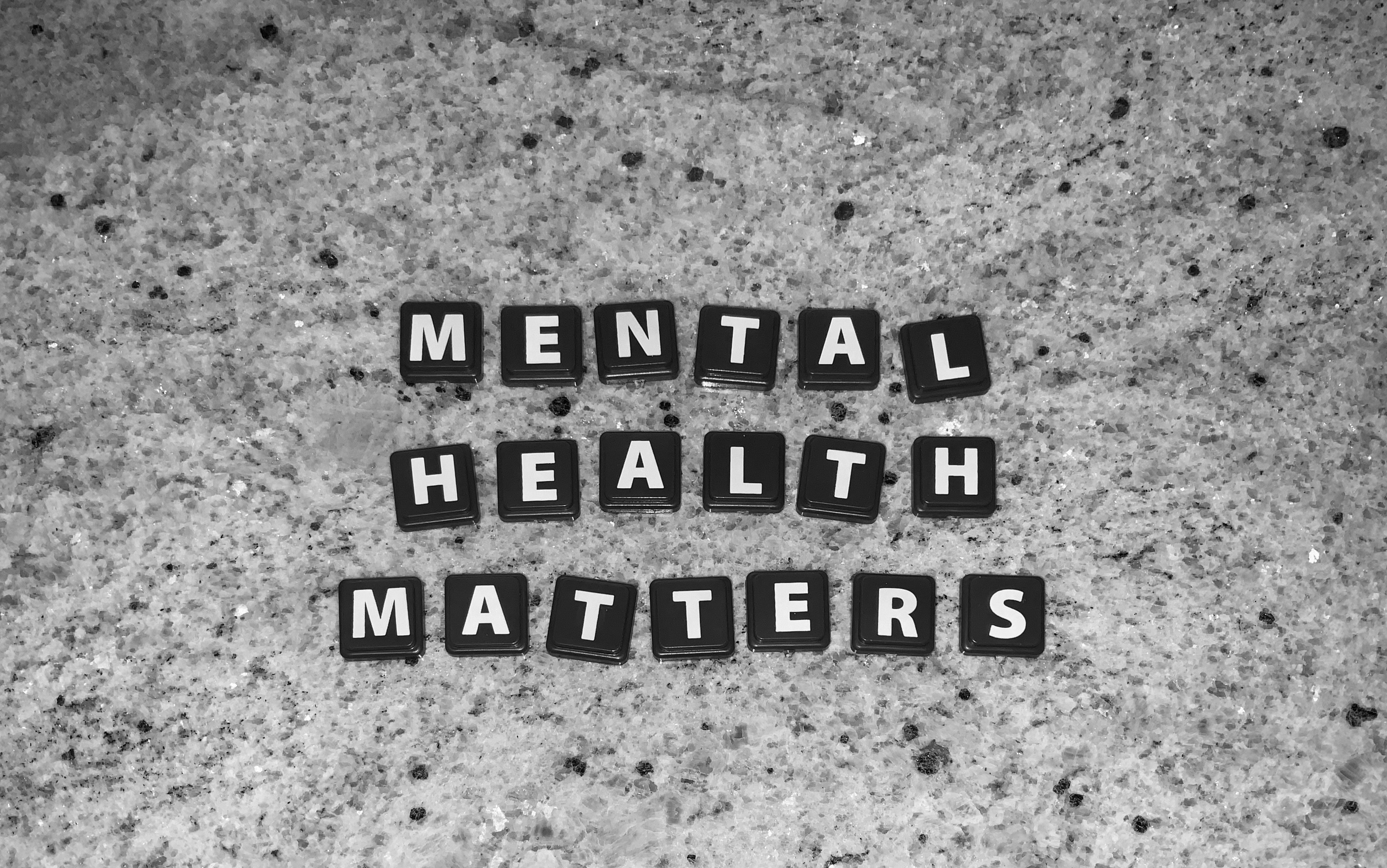Understanding Mental Health Month: History, Significance, and Promotion Strategies

What is Mental Health Month and Why is it Celebrated?
Mental Health Month is an annual observance dedicated to raising awareness about mental health issues, promoting mental well-being, and encouraging individuals to seek help when needed. Established in 1949 by the Mental Health America organization, this month-long event aims to educate the public on the importance of mental health and to foster a supportive environment that reduces stigma associated with mental illnesses.
The significance of Mental Health Month lies not only in its ability to highlight the prevalence of mental health conditions but also in its role in advocating for the mental wellness of individuals. Throughout the month, mental health organizations, community groups, and health care providers engage in activities that inform the public about the various aspects of mental health, including prevention, treatment, and support systems available to those in need. These awareness campaigns are essential in combating stereotypes and misconceptions about mental health disorders, which often discourage individuals from seeking help.
Moreover, the celebration of Mental Health Month emphasizes the necessity of mental well-being in overall health. By promoting positive mental health practices, the observance encourages people to engage in self-care, connect with others, and seek professional help when facing challenges. Mental health awareness plays a critical role in fostering a culture where individuals feel safe discussing their mental health struggles, thus encouraging them to prioritize their psychological well-being.
In summary, Mental Health Month serves as a vital platform to highlight the importance of mental health awareness and promote necessary discussions surrounding mental illnesses. By advocating for support networks and reducing stigma, it helps individuals recognize the significance of mental well-being in their lives and empowers them to take proactive steps toward better mental health.
History of Mental Health Month: When Did It Start?
Mental Health Month has its origins rooted in the United States, initiated in May 1949 by the Mental Health America (MHA) organization. This visionary initiative aimed to raise awareness regarding mental health issues and advocate for the importance of mental well-being. The choice of May was strategic, falling in alignment with the blooming of spring, representing a period of renewal and recovery, much like the goals of mental health advocacy.
During its inception, the landscape of mental health care was markedly different from today. There was a considerable stigma associated with mental health disorders, leading to widespread misunderstanding and neglect. The establishment of Mental Health Month marked a pivotal moment aimed at challenging these negative perceptions and emphasizing that mental health is just as vital as physical health. The MHA undertook various campaigns to educate the public, dispel myths, and encourage open discussions about mental health, laying the groundwork for future advocacy efforts.
Over the decades, Mental Health Month has evolved substantially, reflecting broader societal changes in understanding and treating mental health conditions. In the 1960s and 1970s, significant milestones occurred, such as legislative changes that addressed mental health policy and the shifting of treatment paradigms from institutional care to community-based services. Each May, various themes have been embraced, focusing on critical aspects of mental health, ranging from depression to anxiety management, and even the importance of self-care.
In the 21st century, Mental Health Month has gained traction globally, with international organizations joining the cause. This expansion has emphasized the universal nature of mental health awareness and highlighted the need for dialogue, support, and resources for those affected. Today, Mental Health Month serves as a crucial reminder of the ongoing journey towards understanding and promoting mental well-being, sustaining its relevance in our modern society.
Promoting Good Mental Health: Strategies for All Ages
Promoting good mental health is essential for individuals of all age groups, especially during Mental Health Month, when awareness is heightened and resources become more accessible. Creating a supportive environment begins at home, where parents can influence their children’s understanding of mental health through open conversations. Educators also play a vital role by integrating mental health education into the curriculum, which helps destigmatize mental health issues and encourages students to seek help when needed.
For young children, parents can engage in activities that promote emotional expression, such as encouraging them to draw or talk about their feelings. Reading books that address themes of mental health and resilience can also foster empathy and understanding. As children grow, promoting good mental health becomes increasingly important. Adolescents benefit from discussions about stress management techniques, such as mindfulness and positive thinking, especially in school settings. Schools can implement programs that teach coping strategies, providing a foundation for lifelong mental well-being.
Community leaders can enhance mental health promotion through various initiatives. Organizing workshops and seminars during Mental Health Month can facilitate discussions among community members. Local organizations can collaborate to develop resources aimed at specific age groups, ensuring that everyone has access to pertinent information. Activities such as mental health awareness campaigns, community walks, or fitness events can also engage individuals and emphasize the importance of mental health.
Lastly, it is crucial to promote available mental health resources, such as hotlines, online therapy options, and support groups, to ensure individuals know where to turn in times of need. Mental health advocacy must be a collaborative effort among parents, educators, and community leaders to cultivate an environment that supports mental well-being for all ages. This concerted approach can significantly impact societal attitudes regarding mental health, particularly during Mental Health Month.
Exploring Related Articles and Resources
In the context of Mental Health Month, it is essential to recognize the interconnectedness of mental wellness with various aspects of an individual’s overall well-being. A multitude of resources is available that delve into physical health, emotional wellness, and community support, providing readers with a comprehensive understanding of mental health dynamics. Below is a curated list of articles and resources that illustrate these connections, enhancing the reader’s knowledge and encouraging further exploration.
For those interested in the relationship between spiritual and mental health, articles such as How Caring for Spiritual Health Enhances Mental Well-being. Explore how regular spirituality can positively affect mood and anxiety levels.
Emotional wellness also plays a critical role in achieving a balanced life. Resources like Mindfulness for Beginners provide insights into mindfulness techniques that can ameliorate stress and promote resilience. Such practices are integral to maintaining mental health and should be emphasized during this month dedicated to mental well-being.
Moreover, community support is vital in promoting mental health awareness. Initiatives described in “Building Supportive Communities for Mental Well-Being” highlight the importance of creating connections and fostering an environment where individuals feel safe to discuss mental health issues. Understanding the communal aspect further underscores the need for a collective approach to well-being.
As you journey through Mental Health Month, engaging with these resources can significantly enhance your understanding of the multifaceted nature of mental health and well-being.






Responses